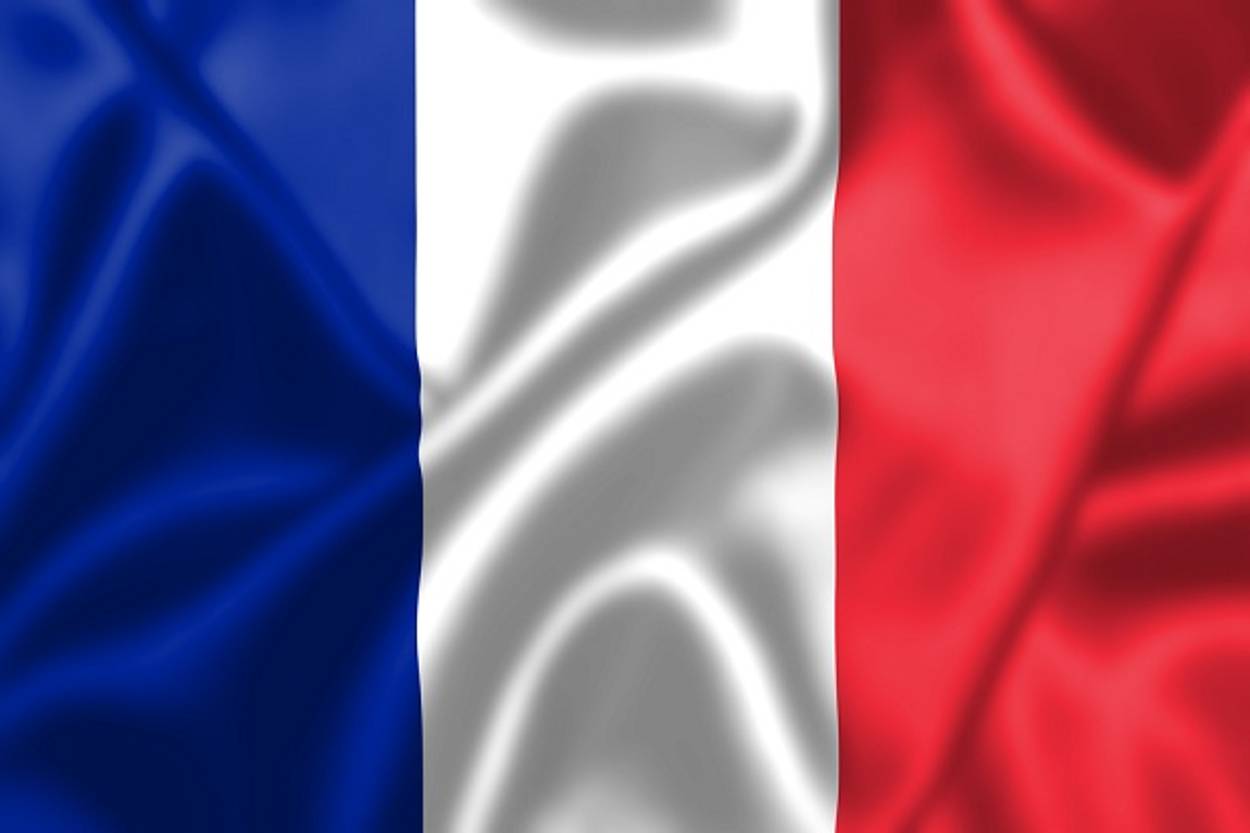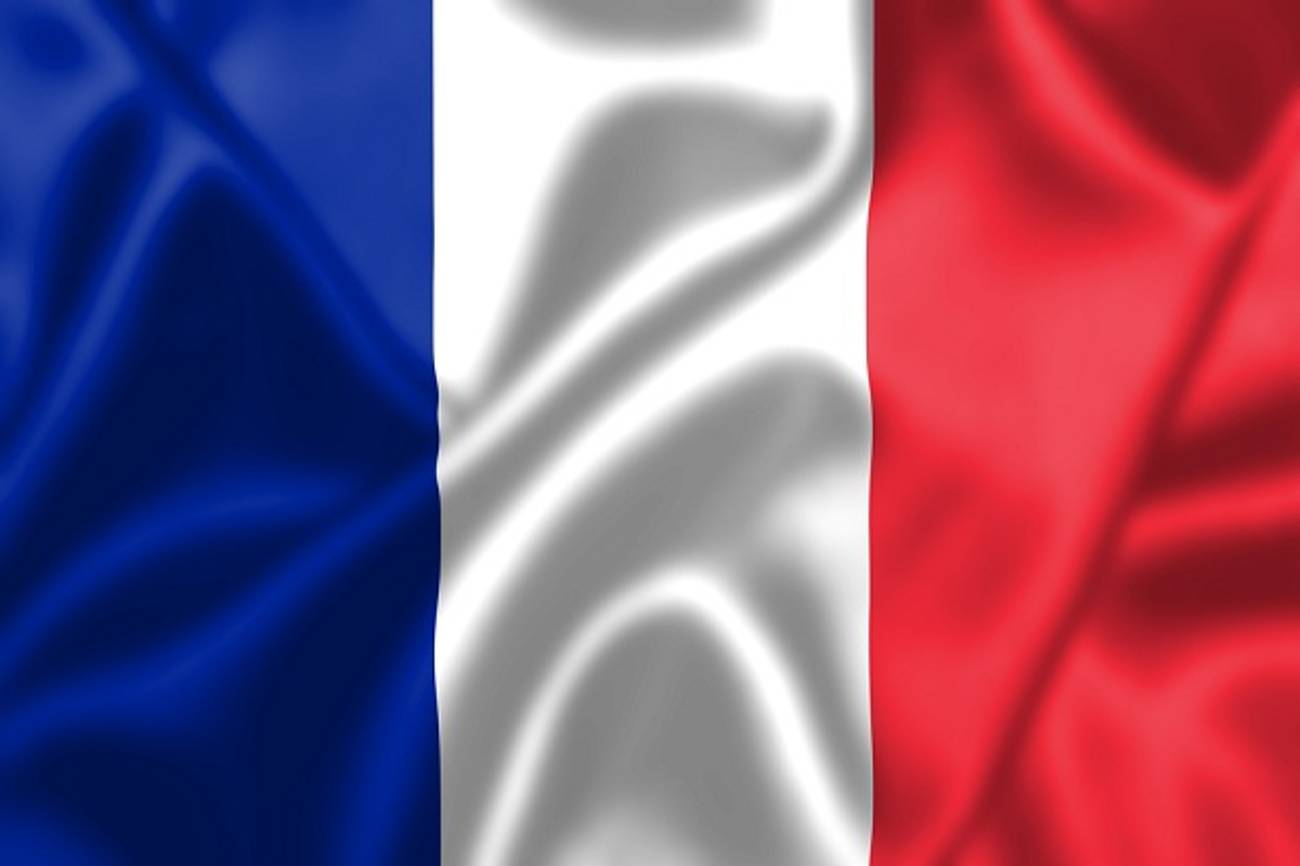Meet Marc Weitzmann
The author of Tablet’s ‘France’s Toxic Hate’ series discusses his background




This week marked the third installment of Marc Weitzmann’s timely five-part series, France’s Toxic Hate, which catalogs the rise of anti-Semitism in the country. Here, Weitzmann shares a bit about his own family history and his personal experiences living in France, and how they led him to write about anti-Jewish prejudice.
How far back does your family’s history in France go?
Part of my family is originally from Ukraine—they left around 1880, en route for New York, but the boat stopped in Marseille because of the Typhus epidemic, if I remember correctly, and that’s how they ended up becoming French. Another part of my family is from Alsace, one of the traditional places of the Jews, and another is from part of what used to be known as “the Jews of the Popes” in the south of France. When the Popes were in Avignon, back in the Middle Ages, they protected the Jews of Provence whose origins dated back to the Roman Empire. So, yes, my parents and grandparents were French born—and so was I, in Paris. But I didn’t grow up there.
Where did you grow up?
I grew up successively in Reims and Besançon, near Switzerland. My father was an actor in theater and we would follow him according to his jobs.
Has the Jewish community in France been a part of your life?
This will sound exotic to an American, but my parents were communists—and very frenchly so, too. You have to keep in mind that after the war and during the whole of the Cold War, France was, on the intellectual field, the equivalent of Germany on the military field: it was split, and communism was—with Gaullism—one of the main political forces. In this context, when they did not change their names, lots of Jews in my parents’ generation during and after the war joined the Communist Party in order to get rid of their own identity as victims. It was more dignified, so to speak, to be persecuted for your belief than for the way you were born. Secularism (“laïcité” in French) was also at stake. And most of all, right after the war, France wanted to forget the whole business of the Occupation.
So people chose to be communists, or Gaullists, the general idea being that every French person had gone through the same ordeal—no Jewish specificity. No Jewish history. That’s basically how I grew up—in small provincial towns where my father used to work as a theater actor paid by the state, and where Jews were mostly unheard of. Only when we were visiting the rest of the family in Paris would I have contact with my uncles, grandparents and aunts—people who had been communists at some point but, contrary to my parents, had deserted the cause. After the Six Day War, some of them started to get involved with supporting Israel—one of my uncles, a journalist, spent a great deal of his time writing books on the country after ‘67. In other words, mine was an extremely post-war assimilated family, of which some members after ‘67 got back to a form of Jewish life. None of us were religious and I certainly didn’t do any Shabbat at the time.
Later on, in my 20s and 30s, like a lot of people raised like me, I went through all that—the religion, the Jewish identity and so on—for a while, out of what I saw as a necessity. So, from that point on, I started to know what you refer to as “the Jewish community.” Why would require too many words. Let’s just say that the assimilation process in my family—the silence over the war years, the taming of anger if you will, had its price in terms of manhood; conflicted manhood was, so to speak, the way a certain Jewishness was passed on. I should add that I am, to this day, not religious.
Have there been any particular events that you’ve witnessed in French history that have significantly altered your own French identity? Did witnessing the treatment of Arab migrants in the early 1980s, for example, impact your view of France?
Although the French denied it, it seemed obvious to me in the early 80s that Arab migrants, and especially their children, were about to become a central issue in France. I may or may not have been especially sensitive to it because of the sort of Jew I was: assimilated for sure, but feeling somewhat displaced, somewhat at odds with the narrative of the country.
To me, the issue in the way France treated its migrants was not so much racism as France itself—the way the country was lying to itself, denying its own reality. Even though I wasn’t conscious of it at the time, that would ring a bell. No other country has lied to itself since World War II as much as France. In 1945, France pretended to have freed itself alone and that it was among the winners when it was the other way around—only a minority of French had fought with the Allies and they could’ve never gotten rid of the Germans and Pétain without them. France pretended that its Jews had had the same history during the war as the rest of the population—although the state had denied them their basic rights before to help with their deportation. France pretended to be the same strong empire as before—and lost one colony after another.
How did you first become interested in reporting on anti-Semitism in France?
I do not exactly feel I am. I think that in my books as well as for Tablet, I’m writing about France—I’m just doing it through the Jewish prism because it is mine and because the times require it; but also because my belief is that, from the Dreyfus case to today, the Jewish element has always been a neuralgic nerve of the French identity crisis.
Weitzmann is the author of ten books and a regular contributor to Le Monde. He is also the former editor-in-chief of Les InRockuptibles. Learn more about his work at www.marcweitzmann.fr.
Related: France’s Toxic Hate
Isabel Fattal, a former intern at Tablet Magazine, attends Wesleyan University.